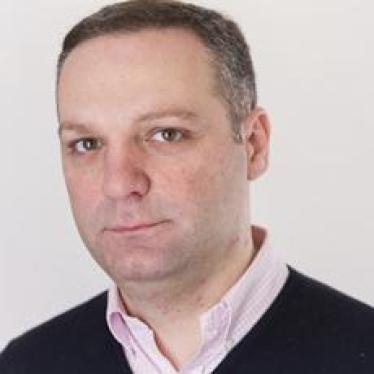“No more bribes, no more monopolies, human rights will be protected, rule of law will prevail!” said protest leader Nikol Pashinyan, in his speech before Armenia’s parliament voted him as the country’s new prime minister. This follows weeks of protests across Armenia, as tens of thousands demonstrated against the country’s outgoing president, Serzh Sargsyan, who tried to hold power by becoming prime minister following his two presidential terms.
The mood is festive in Armenia, as the public largely sees the unfolding events as history-in-the-making. They see it as a new beginning for this post-Soviet country, which is in an unresolved conflict with a neighbor and plagued with rampant corruption, poverty, and a monopolized economy. As a result, droves of Armenians are emigrating to other countries.
But once the celebrations are over, the new leadership has the daunting task of pushing through reforms needed to address the grievances that brought the public to the streets.
One of Pashinyan’s top tasks is to prepare the country for the next parliamentary elections, which means ensuring a free and fair vote. He will need to work with the Republican Party, which still holds the majority in parliament, to undertake substantial electoral reforms – the existing system gives unfair advantages to the party in power. Vote buying and government pressure on public servants to deliver results for the ruling party are persistent and well-documented problems. For example, the ruling party has used teachers in campaign events, and many school directors have used their influence on students and their parents to recruit supporters for the ruling party.
But ensuring a free and fair vote is only the beginning. Protesters were also incensed by poverty, corruption, and the fact that the economy is dominated by oligarchs who are close to political leadership. Then there is the lack of accountability for law enforcement’s abuses, lack of judicial independence, and other human rights issues, including protecting minorities and ensuring justice for domestic violence survivors.
Even for a former journalist, turned politician, turned opposition leader, and now elected prime minister, this will be an enormous challenge. It will be up to Pashinyan and Armenia’s new government to create and support the independent and strong state institutions aspired to by Armenia’s public.








